This is not just a purely technical move, but also a warning of a potential cybersecurity crisis that could change the global geopolitical landscape.
What is the quantum security crisis?
The current encryption systems we use every day—from banking transactions to emails to state secrets—are based on a fundamental assumption of a number of mathematical problems that are too complex for computers to solve in a reasonable amount of time.
For example, factoring a large integer into its prime factors could take thousands of years on today's most powerful computers.
However, quantum computers operate on completely different principles. Instead of processing information in binary bits “0” and “1” like traditional computers, quantum computers use qubits whose “0” and “1” can exist in multiple states simultaneously.
This allows them to solve certain types of problems at unimaginably fast speeds. What takes thousands of years on a classical computer can be done in just hours or even minutes on a powerful enough quantum computer.
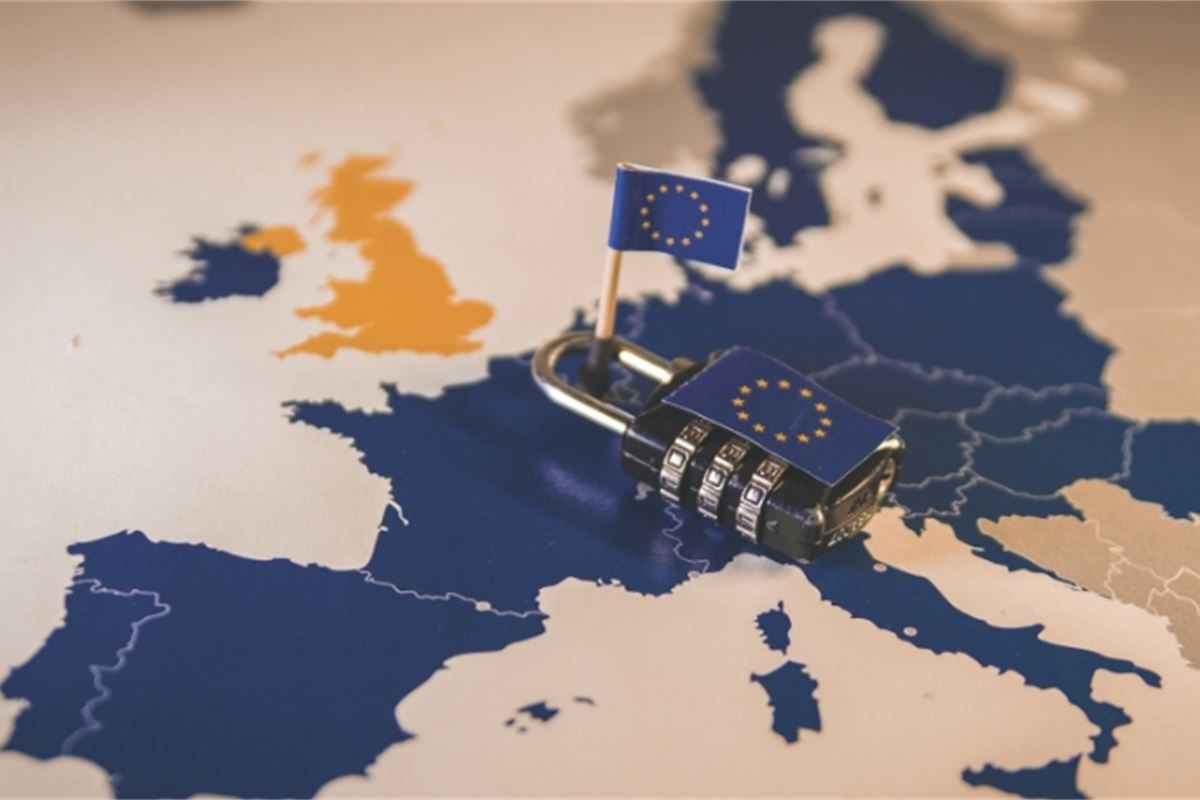
European cybersecurity experts have warned of a worrying strategy known as “archive now, decrypt later” (Photo: The Parliament Magazine).
As a result, European cybersecurity experts have warned of a worrying strategy known as “archive now, decrypt later.”
This means that bad actors may be collecting important encrypted data today, waiting for the day when quantum computers are powerful enough to decrypt it. This means that even if our data is well protected now, it could still be exposed in the not-too-distant future.
Two-pronged strategy
Faced with the above challenge, the EU has proposed a "Smart Two-Pronged" strategy.
Specifically, the first spearhead is "Post-Quantum Cryptography" (PQC), which uses more complex mathematical algorithms that even quantum computers find difficult to break.
This is the preferred solution for most sectors because of its feasibility and wide deployment.
The second cutting edge is “Quantum Key Distribution” (QKD), a more advanced technology that uses the principles of quantum physics itself to ensure absolute security for exchanging encryption keys.
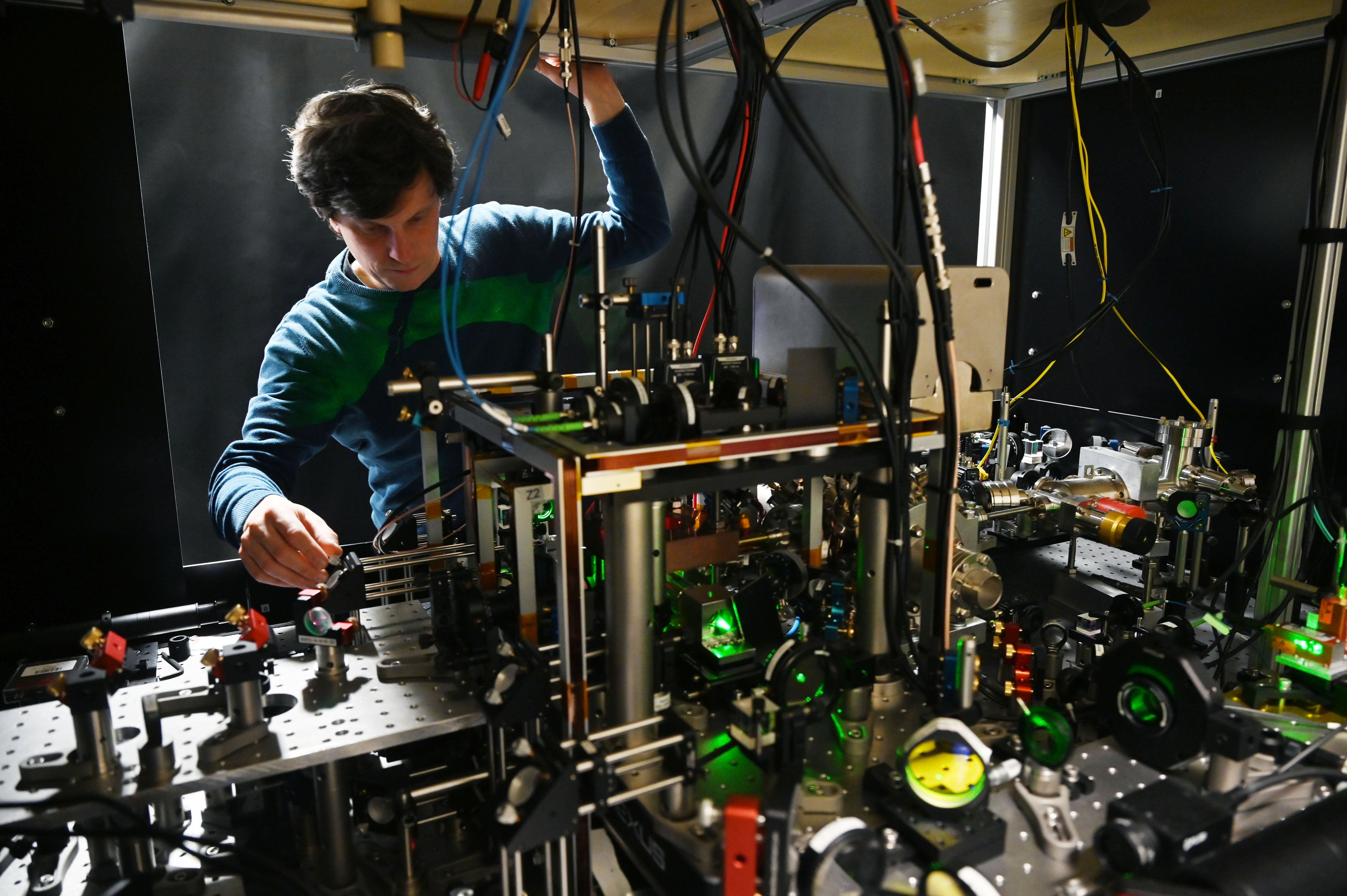
QKD is considered the ideal solution for applications requiring the highest level of security such as security, defense, diplomacy , finance and critical infrastructure.
It is worth noting that the EU did not stop at making recommendations, but also outlined a specific roadmap with clear timelines.
Accordingly, starting from the end of 2026, EU member states will have to conduct risk assessments, build awareness campaigns and ensure strong supply chains.
The ultimate goal of this campaign is to achieve “cryptographic flexibility” – the ability to quickly switch between encryption algorithms as needed.
Not small challenges
In fact, the path the EU is taking forward is not a smooth one. Experts from the Fraunhofer Institute and the German Office for Information Security have pointed out many challenges, both technical and practical.
For PQC, the main issue is that the complexity of new algorithms requires more computational power, which can affect the performance of existing systems.
With QKD, the challenge is even greater. Currently, the technology only works effectively within a range of about 100km via fiber optic cable.
While it is possible to extend the distance using “trusted relay nodes,” each such node creates a potential weak point in the system. In addition, high deployment costs, difficulties in integrating with existing infrastructure, and a lack of unified standards are slowing the adoption of this technology.
There is another less mentioned but equally important challenge: the human factor.
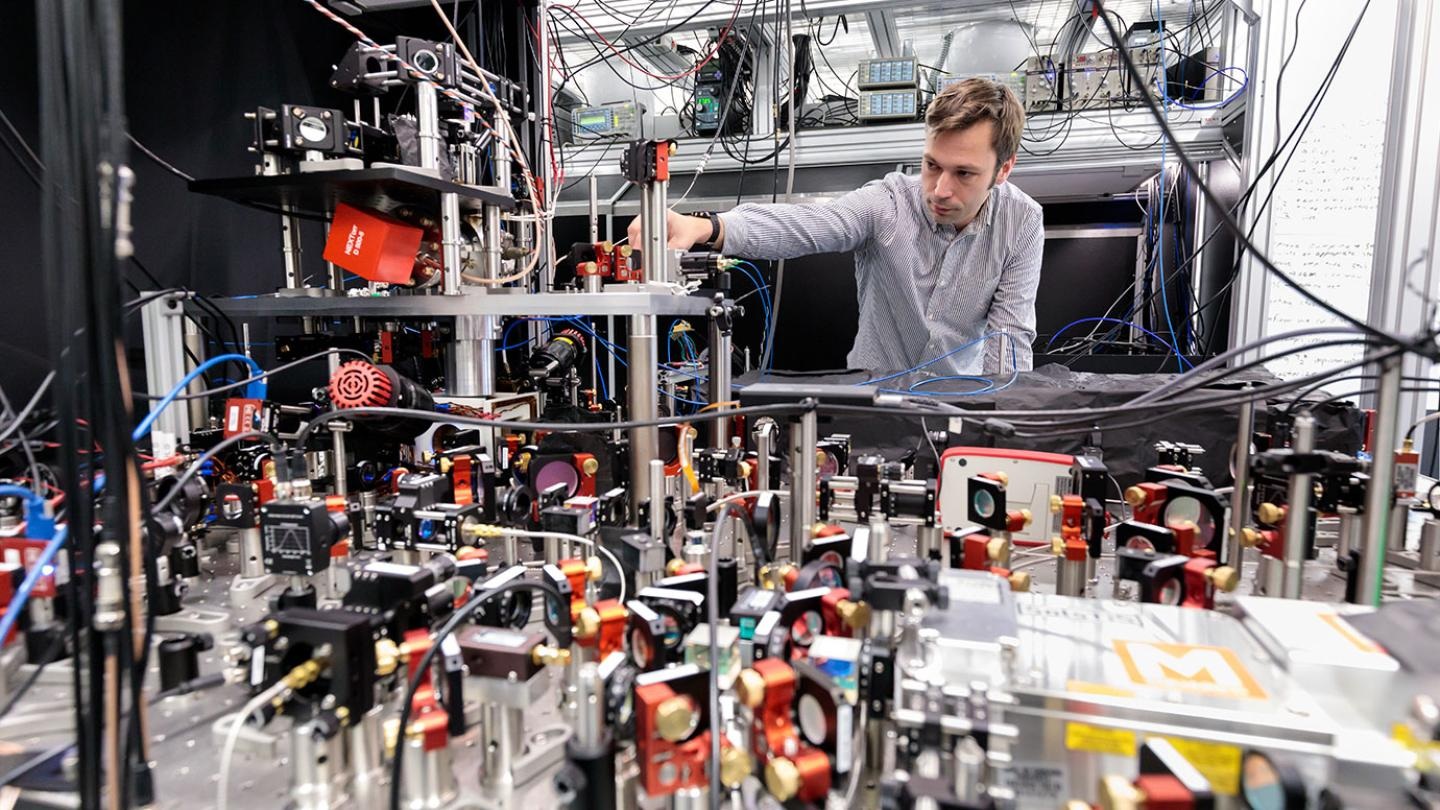
Human resources in the quantum field are a big challenge for many countries (Photo: Hudson Institute).
Transitioning to a new encryption system requires retraining employees, changing work processes, and building a new security culture. This is a long-term process that requires collective effort and commitment from all levels of the organization and society.
Policy implications for Vietnam
In the current new context, Vietnam is facing both opportunities and challenges. As a country that is actively promoting digital transformation with the ambition of becoming a digital nation by 2030, Vietnam cannot stay out of this technology race.
The EU's experience shows that early preparation is not only a smart choice but also a mandatory requirement to ensure national security in the quantum era.
First of all, Vietnam needs to build a national strategy on quantum security with a long-term vision.
This strategy should not only focus on the technical aspect but also include human resource development, building a research and development ecosystem, and creating an appropriate legal framework.

Vietnam can learn from the EU's step-by-step approach, starting with risk assessments for key sectors ranging from finance, telecommunications, energy to security, defense and diplomacy.
In terms of technology, Vietnam can apply a Two-pronged strategy similar to the EU. In the short term, Vietnam can focus on implementing PQC for existing systems as this is a feasible and cost-effective solution.
At the same time, investment in research and testing of QKD for special applications is important. This requires close cooperation between government agencies, research institutes and technology enterprises.
Another important aspect is that Vietnam needs to promote the building of self-sufficient capacity in quantum technology. Instead of just importing and using quantum technology from outside, Vietnam needs to focus on investing in basic and applied research in the field of quantum cryptography.
This not only helps to be proactive in protecting information security but also creates opportunities for Vietnam to gradually move towards developing a new, high-value industry.
Regarding human resource development, Vietnam needs to have an in-depth training program on quantum security from undergraduate to postgraduate levels.
At the same time, Vietnam also needs to organize short-term training courses for IT experts so that they can grasp and apply new technologies. Promoting and enhancing cooperation with the world's leading universities and research institutes in this field should also be prioritized.
Regarding international cooperation, Vietnam needs to actively participate in international forums and organizations on quantum security to learn from experience and update the latest technology trends. In particular, cooperation with partners in the ASEAN region can create collective strength in developing and deploying quantum encryption technology.
Opportunity for Vietnam
Despite facing many challenges, the quantum cryptography revolution also brings opportunities for Vietnam. Unlike many previous technological revolutions that Vietnam often had to chase, this time Vietnam has the opportunity to participate from a fairly early stage.
With the right strategy and determination to implement it, Vietnam can become one of the pioneering countries in the region in quantum security.
This not only enhances Vietnam's position in the international arena, but also creates a competitive advantage in attracting investment and developing high-tech industries.
The reality is that businesses and international organizations will prioritize cooperation with countries with reliable information security systems, especially in the context of increasingly sophisticated cyber security threats.
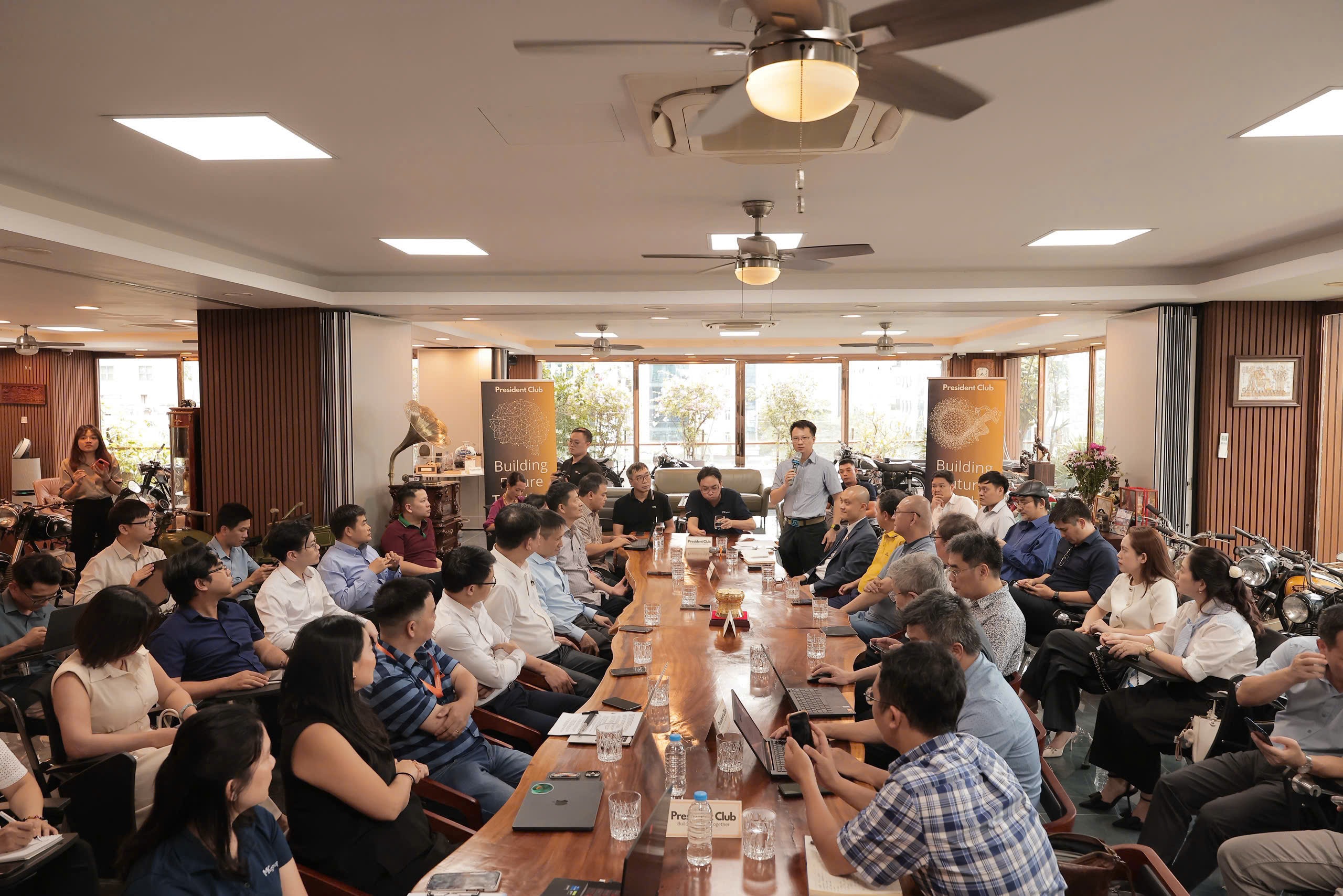
In Vietnam, there are more and more seminars and talks about quantum technology, to soon realize this strategic technology in life (Photo: President Club).
The EU's decision to transition to quantum-secure encryption is not just a technological event, but a global warning signal of a new era of information security.
For Vietnam, this is the time to move from the role of “watcher” to “active participant” in this revolution.
Success in building a quantum security system depends not only on technology but also on strategic vision, political determination and the ability to mobilize resources from the whole society.
This is the time for Vietnamese policymakers, the science and technology community and businesses to act together to grasp advantages and clearer opportunities for success.
Source: https://dantri.com.vn/khoa-hoc/chau-au-va-cuoc-cach-mang-ma-hoa-luong-tu-20250704120706158.htm












































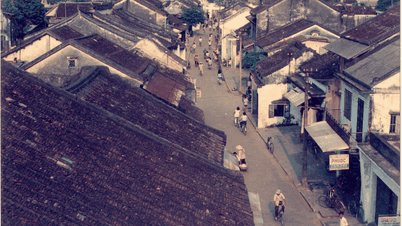




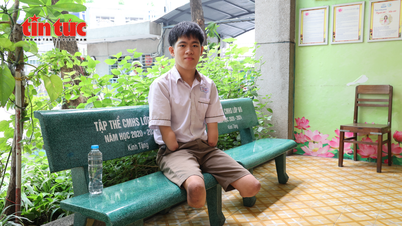







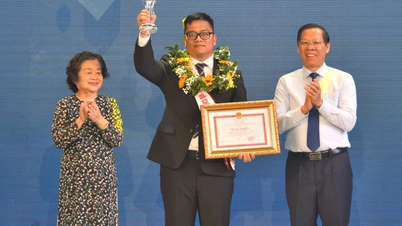







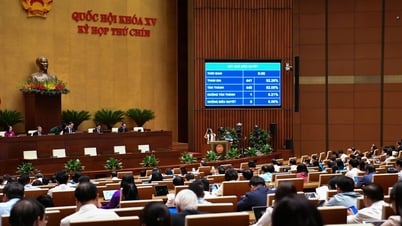






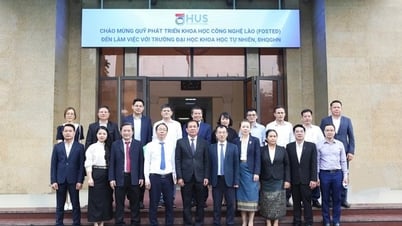


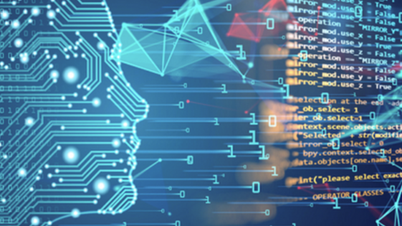








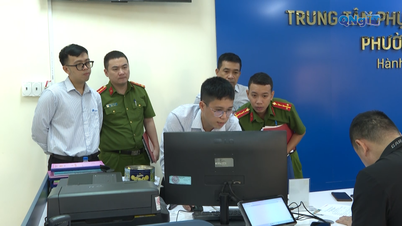

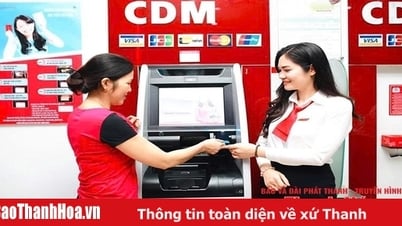
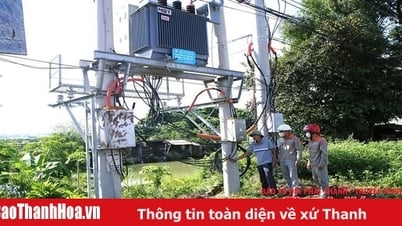
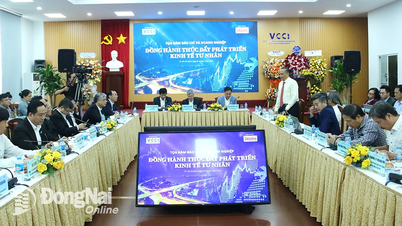




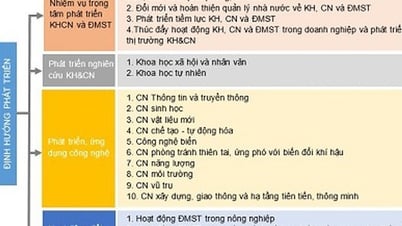

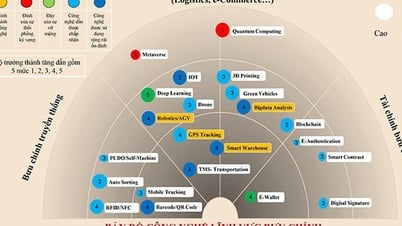







Comment (0)